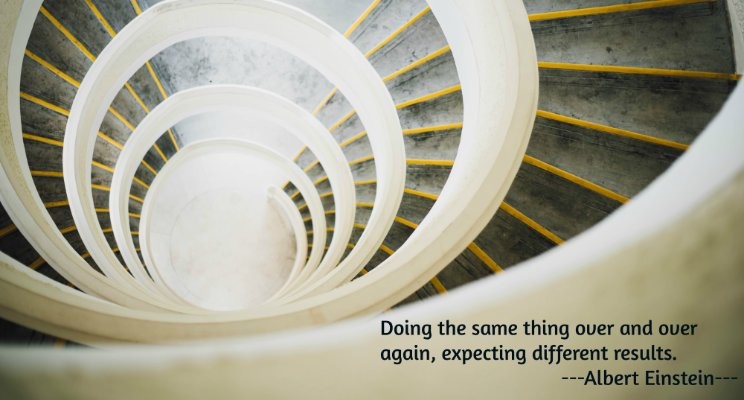At some point during this workweek, you’ve likely muttered to yourself about how much time is wasted in meetings. Speaking the thought out loud might be frowned upon, but the truth remains – a poorly structured meeting without a solid strategy comes with a high price tag… in both minutes and dollars. Exactly how high? One recent estimate shows that unproductive meetings waste more than $37 billion per year. It’s not just your imagination; your company is likely paying in both time and money for dubious results.
How much does a meeting cost your organization? As an example, let’s say you’ve gathered eight executives in a conference room. Estimating conservatively, each likely earns $200/hour. Can you justify a $1600 price tag for a meeting that lasts one hour? It’s not difficult to see how quickly the total can rise. Additionally, consider how much productivity is lost elsewhere by each person during the course of the meeting. A meeting without a clear agenda, objective, and firm expectations can truly be a waste.
Why Meetings Are So Expensive
In a survey conducted by The Muse, executives view more than 67% of meetings as failures, and 92% of workers surveyed admitted they multitask during them. So far, this doesn’t sound like a great use of time or money. Without strategy and a firm guiding hand, a “meeting” is just a group of highly paid people sitting in a room with little to show for their time.
Several key meeting mistakes add up to big losses:
- No clear meeting leader – are we assuming that the person who scheduled the meeting will now own its mission both now and in perpetuity?
- Too many people present to make big decisions – in the end, it’s up to a select few
- No clear agenda – what will we be talking about?
- No clear expectations for preparation – what is each person bringing to the table and why are they present?
- No clear objective – is this a discussion meeting? A fact-finding meeting? A decision making meeting?
Companies often assume that the “champion” of a cause will drive the charge to completion effectively and efficiently. That’s not always the case; this particular cause will be only one of many concerns on their to-do list. Project managers can be leveraged effectively here as the point person to drive the agenda forward through the meeting and beyond.
Maximize The Cost/Benefit Ratio for Your Meeting
It’s absolutely possible to increase the value of your meeting time with strategic preparation. Determine an objective for the meeting, and ensure that all attendees understand what they need to prepare in advance and what will be produced by the end of the session. Send out a detailed agenda, and check in with anyone who might need additional clarification.
The objective should be crystal clear; i.e.: “Today, we are making a decision on _____.” Too often, the meeting scheduler figures that the whole group will decide the objective and agenda in the meeting itself. Rather than coming to a decision, the entire meeting is spent haphazardly determining the direction of said meeting. It’s a mind numbing exercise that effective planning would have prevented.
Use a Facilitator with Fortitude
Lots of businesses make the mistake of assigning the CMO or CIO to lead strategic meetings. However, these individuals are already operating with a full plate; managing meetings is an “add-on” in the scope of their daily tasks. In addition, they may not be equipped with the slate of interpersonal skills needed.
Moving a group of people through the process of making a decision requires a specific personality. A meeting facilitator must have a specialized skill set. This is why project managers are typically the best choice. They need to be a strong leader who can operate with determination and tact in a group setting. They need to understand how to set expectations and set up a scenario where results can be tracked and measured in real time.
The facilitator must exercise due diligence to set the agenda, send it out ahead of time, remind people of what they’re supposed to be doing or bringing, and make sure the right folks are in the room. If a key decision maker can’t be present, doesn’t send a delegate, and doesn’t communicate preferences, then the meeting must be rescheduled. The facilitator must have the fortitude to make this call; otherwise, wheels will spin and everyone’s time will be wasted.
Strategic Thinking Saves Your Bottom Line
As always, thinking with the big picture in mind leads to the best results. Take the time to set the right people in charge and ensure that they understand their responsibilities, and you’ll likely see your meetings become more productive…and likely become more infrequent. Don’t be surprised if morale goes up along with your productivity as well as individuals see their time valued at a high level.
Anything worth doing is worth doing right the first time. We believe that success is the result of a good plan right from the start, and we thoughtfully work with our clients to plan and deliver that success. If you’re interested in learning more about TGR Management can partner with you, let’s set up a consultation.




